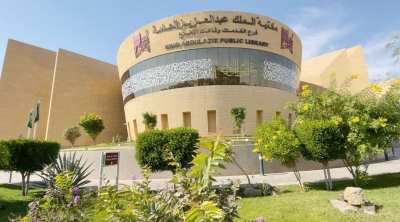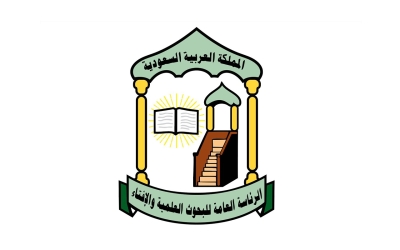
The International Islamic Fiqh Academy is an institution affiliated with the Organization of Islamic Conference (OIC), located in Jeddah Governorate, Makkah al-Mukarramah Province, Kingdom of Saudi Arabia. It was established following the resolution of the OIC's third conference held in Makkah al-Mukarramah in 1981, during the third session. The academy held its first session on November 19, 1984, which was an organizational and planning session for the academy's future work.
Objectives of the Islamic Fiqh Academy
The International Islamic Fiqh Academy aims to be the foremost global jurisprudential authority for the Islamic world and Muslim communities worldwide, in order to clarify Islamic legal rulings on matters of importance to them and provide solutions to contemporary life problems, based on the Quran, the Sunnah, and the Islamic heritage, which is open to the development of Islamic thought.
The International Islamic Fiqh Academy works to present Islamic Shariah accurately and moderately, showcasing its merits and capabilities in addressing life's challenges and fostering happiness, stability, security, and safety. This is achieved through a comprehensive understanding of Islam, based on its principles, objectives, sources, rulings, and rules.
Mandates of the Islamic Fiqh Academy
The objectives of the International Islamic Fiqh Academy are:
- Coordinating between Fatwa entities, jurisprudential bodies, and Islamic councils in the Islamic world and beyond to avoid contradictions and conflicts in opinions on the same issue, especially on common matters that affect many people. It also aims to achieve intellectual convergence and knowledge integration between scholars of the recognized Islamic schools of thought and specialists in various fields of knowledge, humanities, social sciences, and natural and applied sciences. The goal is to clarify the Islamic legal stance on contemporary life issues.
- Rejecting sectarianism and religious extremism, as well as the practice of declaring followers of different schools of thought as infidels, by promoting a spirit of moderation, tolerance, and middle-ground among followers of various Islamic sects and groups. It also aims to directly respond to the need for expressing Islamic legal opinions and translating them into the context of contemporary life and the challenges faced by the Islamic nation, as well as in documents issued by the Organization of Islamic Cooperation and international organizations in non-Muslim communities.
- Encouraging collective ijtihad on contemporary life issues and problems to provide solutions derived from Islamic Shariah, and to identify acceptable choices among the various opinions on a given issue. This approach aims to benefit Muslims by aligning with evidence and achieving Shariah objectives. It also seeks to promote intellectual convergence and knowledge integration between scholars of recognized Islamic schools of thought and specialists in various fields of knowledge, humanities, social sciences, natural sciences, and applied sciences, in order to clarify the Islamic legal stance on contemporary life issues.
- Responding to Fatwas that contradict the established principles of the religion, recognized rules of Ijtihad, and the settled views of scholars without valid Shariah evidence, and clarifying the Islamic legal ruling on topics and issues related to contemporary reality. This aims to facilitate the development of legislation, laws, and regulations to be consistent and harmonious with the rulings of Islamic Shariah.
- Working on renewing Islamic jurisprudence by developing it from within through the controls of derivation, rules, evidence, and objectives. This includes encouraging cooperation, integration, and approximation between scholars of various Islamic schools of thought on matters known by necessity in religion. Additionally, fostering constructive dialogue with followers of other religions and cultures to achieve the common good of human society, in coordination with the General Secretariat of the Organization of Islamic Cooperation.
Related quizzes

